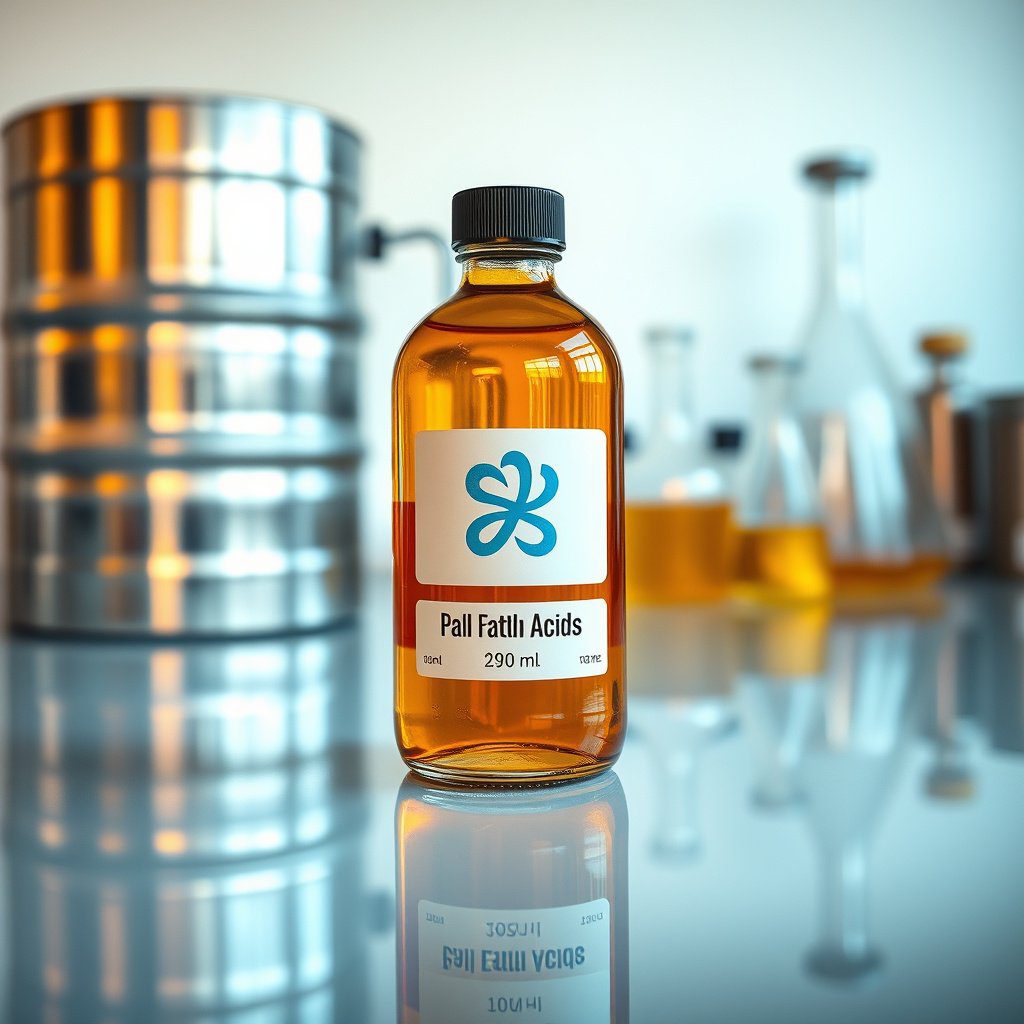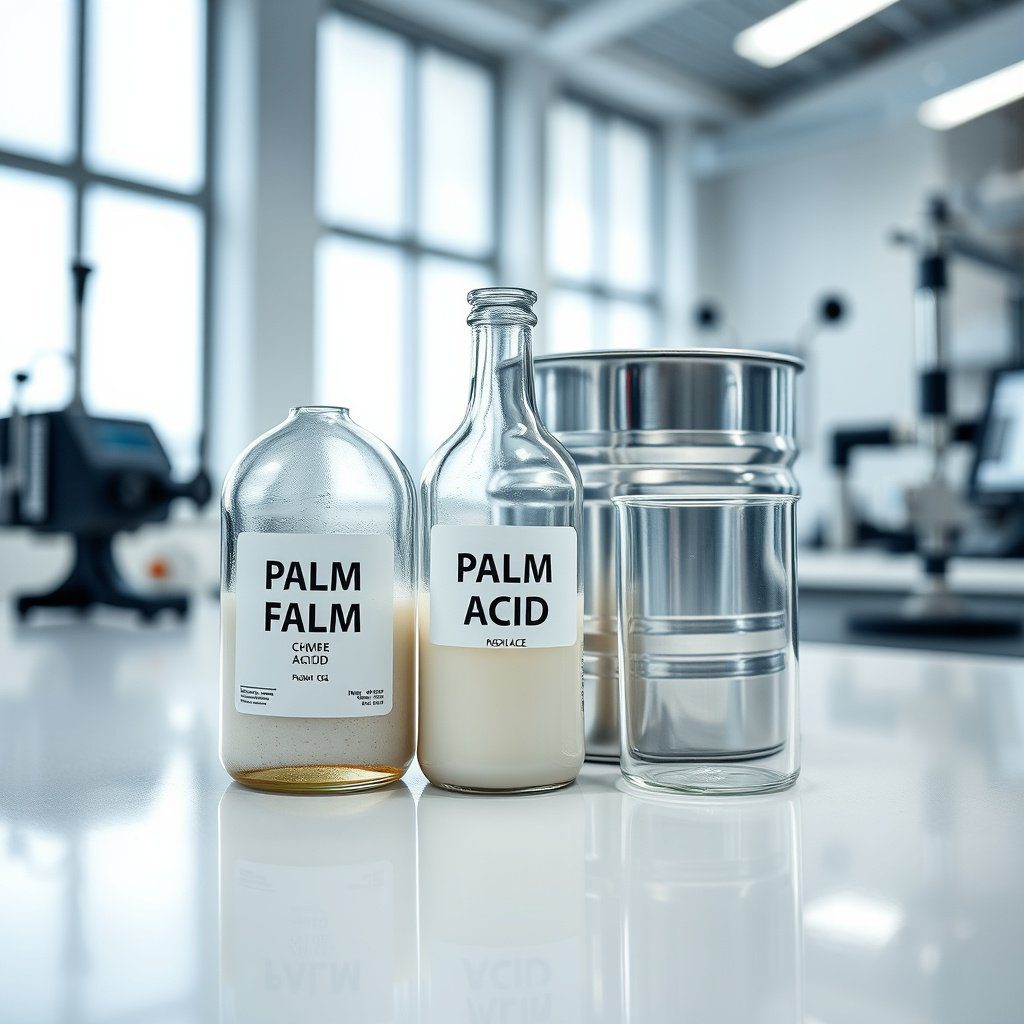Understanding Palm Fatty Acid Regulations
Palm fatty acid regulations encompass a range of guidelines and standards designed to govern the production, distribution, and export of palm fatty acids. These regulations are crucial for ensuring environmental sustainability, quality control, and compliance with international trade laws. As a significant player in the palm fatty acid market, Brazil adheres to various national and international regulations that aim to promote responsible sourcing and production practices.
International Standards for Palm Fatty Acids
International standards play a vital role in shaping the regulations surrounding palm fatty acids. Organizations such as the International Organization for Standardization (ISO) and the Roundtable on Sustainable Palm Oil (RSPO) have established criteria that producers must meet to ensure that their products are sustainably sourced. Compliance with these standards not only enhances product credibility but also opens avenues for trade with markets that prioritize sustainability.
U.S. Regulatory Framework for Importing Palm Fatty Acids
The U.S. has its own set of regulations that govern the import of palm fatty acids. These regulations are enforced by agencies such as the Food and Drug Administration (FDA) and the Environmental Protection Agency (EPA). Importers are required to ensure that their products meet specific safety and quality standards. Understanding these regulatory requirements is essential for Brazilian suppliers aiming to penetrate the U.S. market effectively.
Quality Control Measures in Palm Fatty Acid Production
Quality control measures are integral to the production process of palm fatty acids. Regulations stipulate that producers implement rigorous testing and monitoring procedures to ensure that their products meet established quality benchmarks. These measures often include laboratory testing for fatty acid composition, contamination levels, and overall product integrity, ensuring that only the highest quality palm fatty acids reach consumers.
Environmental Impact Assessments
Environmental impact assessments (EIAs) are a critical component of palm fatty acid regulations. These assessments evaluate the potential environmental effects of palm oil cultivation and processing. By adhering to EIA requirements, Brazilian producers can demonstrate their commitment to sustainable practices, thereby aligning with global efforts to mitigate deforestation and biodiversity loss associated with palm oil production.
Traceability and Transparency in the Supply Chain
Regulations surrounding palm fatty acids emphasize the importance of traceability and transparency within the supply chain. Producers are encouraged to maintain detailed records of their sourcing practices, processing methods, and distribution channels. This transparency is essential not only for regulatory compliance but also for building consumer trust in the product’s sustainability and ethical sourcing.
Labeling Requirements for Palm Fatty Acids
Labeling regulations for palm fatty acids are designed to provide consumers with clear and accurate information regarding the product. These labels must include details such as the origin of the palm oil, the processing methods used, and any certifications obtained. Compliance with labeling requirements is crucial for Brazilian exporters looking to establish a strong presence in the U.S. market, where consumer awareness of sustainability issues is rapidly increasing.
Trade Agreements and Their Impact on Regulations
Trade agreements between Brazil and the U.S. can significantly influence palm fatty acid regulations. These agreements often include provisions related to tariffs, import quotas, and regulatory cooperation. By understanding the implications of these trade agreements, Brazilian suppliers can better navigate the regulatory landscape and leverage opportunities for expanding their market reach in the U.S.
Future Trends in Palm Fatty Acid Regulations
The landscape of palm fatty acid regulations is continually evolving, driven by increasing environmental concerns and consumer demand for sustainable products. Future trends may include stricter regulations on deforestation, enhanced certification processes, and greater emphasis on circular economy practices. Staying ahead of these trends is essential for Brazilian suppliers like DIPLOMATA to maintain their competitive edge in the global market.


